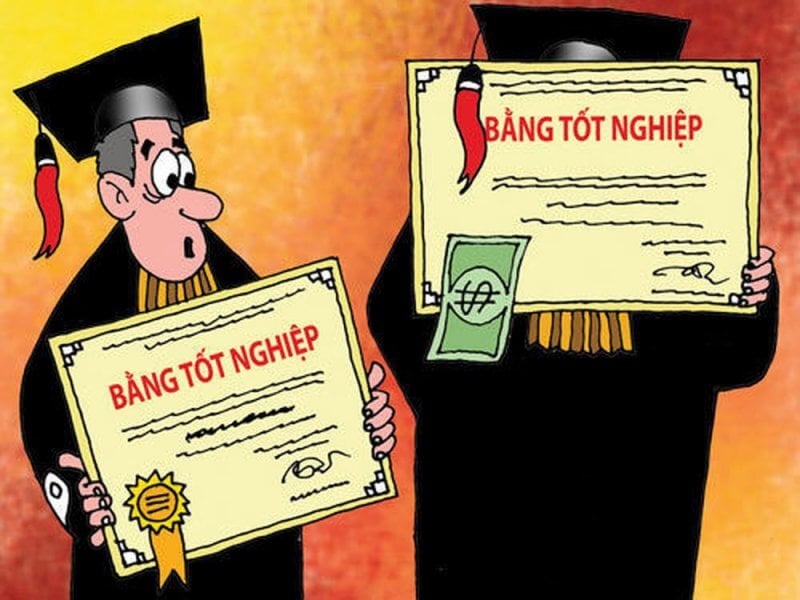Is a translation degree really necessary or just an option?
Translators and interpreters around the world are divided into two groups. On the one hand, some people think that a degree in languages is all about working successfully as a linguist.
On the other hand, many people assume that anyone with the right work experience can make a career in the fields of translation.
- Top Prestigious French Translation Company in Da Nang
- Specialized in translating English - Vietnamese - Chinese - Japanese - Korean text documents
- Legal document translation dictionary
Purpose of the degree in language
First of all, the achievement in the job is the proof that you have skills in translating and interpreting. Although a degree in translation is relatively new in most countries, a degree in a language is often more useful because you will learn to master the target language.
You also understand the nuances of the language's grammar, vocabulary, and syntax. From there, your finished language product will have the best quality.
Furthermore, if you want to work as a linguist for a public institution such as a government agency or a hospital, you always need some kind of certification whose purpose is to ensure that the linguists they The hire has been trained enough to perform well in certain sensitive situations.
The Medialocale website describes a situation about the importance of training medical and legal interpreters:
"Willie Ramírez is an 18-year-old man who was admitted to a Florida hospital in a coma. At the time of admission, an interpreter made a mistake and translated the Spanish term “intoxicado” which means poisoned or had an allergic reaction such as “intoxication”. Willie was suffering from an intracerebral hemorrhage, which was treated only with a single drug overdose. As a result, he was quadriplegic. The lawsuit resulted in a settlement over Willie's lifetime of about $71 million, assuming he lived to be 74.. "
Do all translators need a degree?
A survey we conducted in April 4 showed that not all professional translators have a degree. Our survey includes questions about rates and areas of expertise, as well as about training.
We wanted to get a complete picture of the worldwide translation industry and have already collected 400 responses. Respondents include translators and interpreters from all continents, areas of expertise and experience levels. 13% said they didn't have any qualifications. In addition, 3% said they studied languages but dropped out.
Other options
Some people who have been bilingual since childhood or have learned a second or third language very well can still become successful translators or interpreters. One of the reasons is that we're dealing with an industry that isn't fairly regulated. They can start by learning grammar and syntax rules through related books and other materials.
They can then gain experience by doing internships or volunteering. Finally, they can be tested on their choice of language pair. Proficiency tests include the Defense Language Proficiency Test (DLPT) or the Diploma of Translation.
Misconceptions about translators and interpreters
Whether you choose to go the academic or self-taught route, preparing to work as a translator or interpreter is not an easy task. Many people think it's just being fluent in two languages, but are there so many other languages like anyone can play the piano just because of two hands?
Many websites recommend that you start translating as a part-time job. There are even apps designed for amateur translators to make money with freelance work.
This poses a danger as these people are discounted and push up translation prices across the industry. However, most clients find out early on the difference between expert and amateur translation.
You can check specialized directories from translation associations in your area. Or you can contact us. We are always happy to assist!
Most viewed articles about share translation experience:
- What to Consider When Hiring a Freelance or Internal Translator?
- Historical Achievements of Translators and Interpreters
- 6 Skills Translators Need To Succeed

Nguyen Trung Khang - Talented interpreter and translator, passionate about translation
Nguyen Trung Khang is a talented interpreter and translator, with many years of experience in the field of translation and linguistics. He graduated from Ho Chi Minh City University of Education, majoring in Linguistics in 2015.
After graduating, Mr. Khang participated in a professional interpretation and interpretation training course at the University of Foreign Languages - Hanoi National University. He achieved a high-level certificate in interpreting and interpreting, and was also awarded a master's degree in linguistics.


